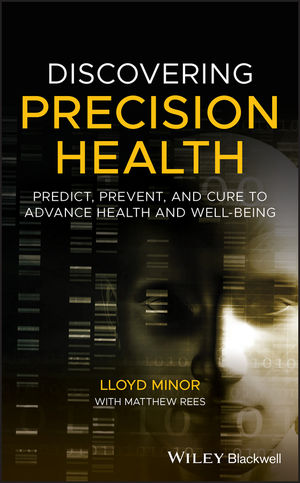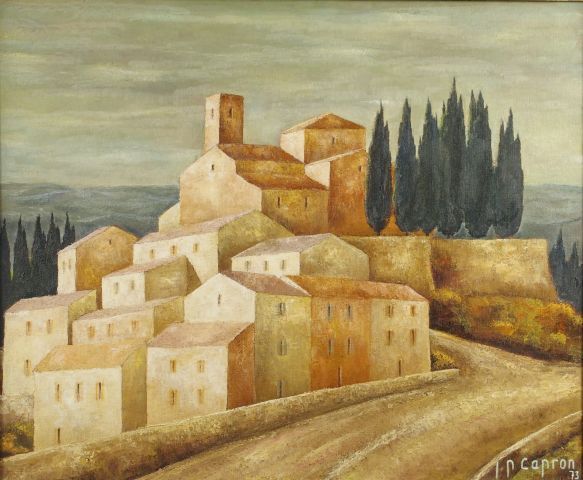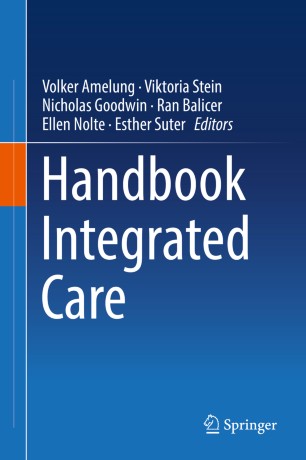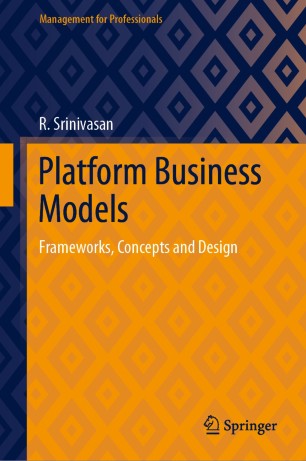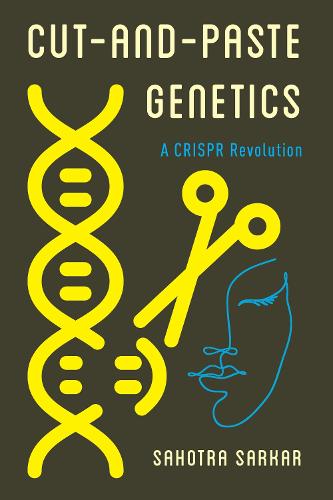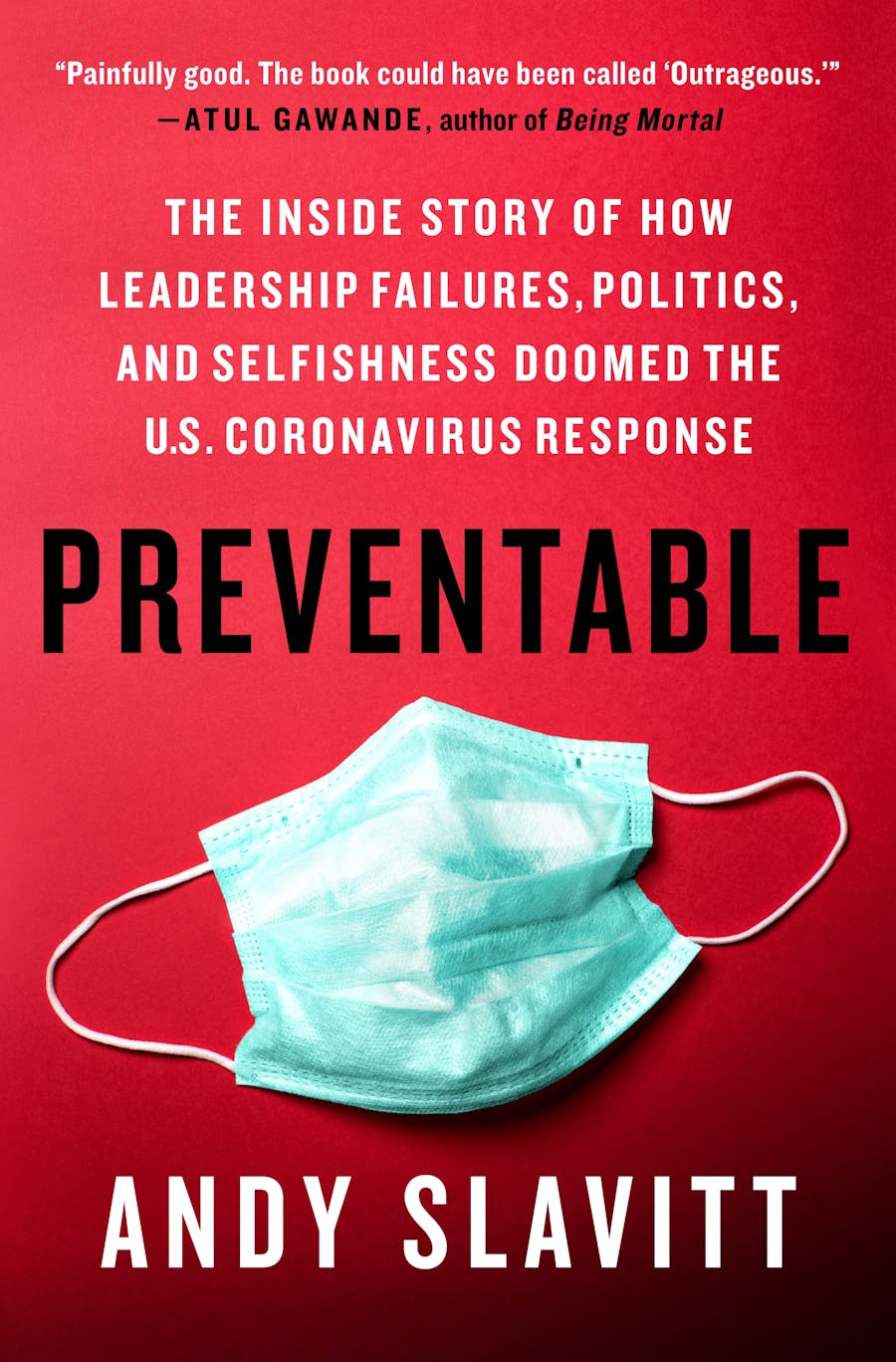Discovering Precision Health: Predict, Prevent, and Cure to Advance Health and Well-Being
Introduction The Power of Precision Health 1
Chapter 1 The State of U.S. Health and Health Care Delivery 15
Chapter 2 There’s More to “Health” Than Health Care 33
Chapter 3 The Innovation and Disruption Powering Progress in Health 43
Chapter 4 Fundamental, Discovery‐Focused Research: The Foundation of Biomedical Breakthroughs 111
Chapter 5 Peering into the Future: Leveraging The Powers of Prediction to Help Prevent Illness 147
Chapter 6 Prevention as a Pathway to Health and Wellness 177
Chapter 7 Curing Disease with More Precise Medical Therapies 207
Conclusion Achieving Precision Health: The Opportunities—and Challenges—Ahead 237
